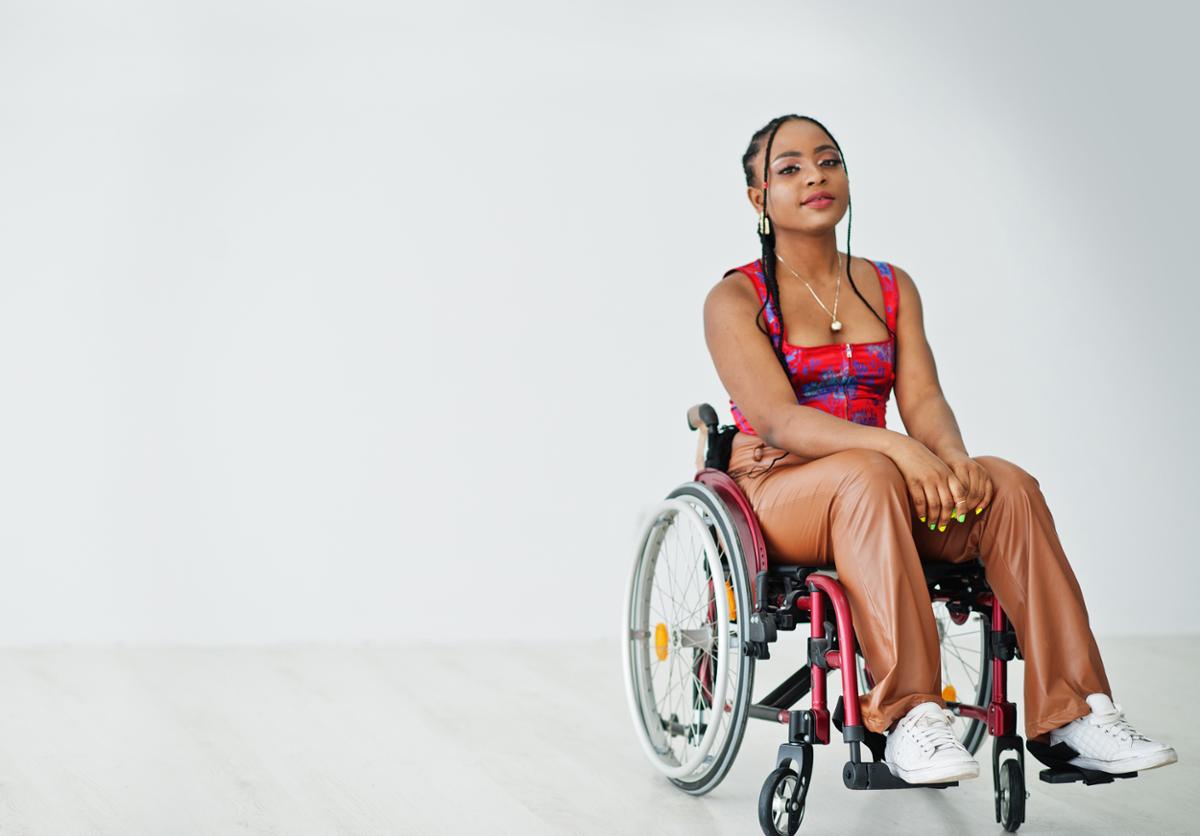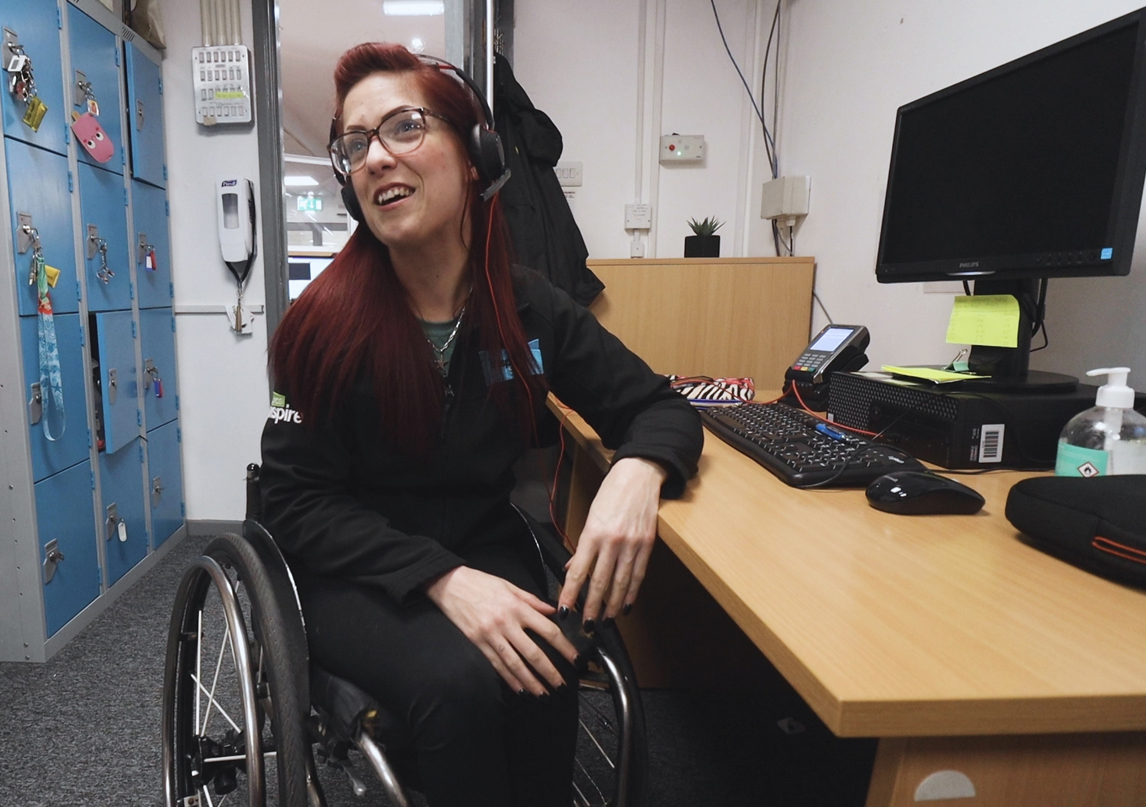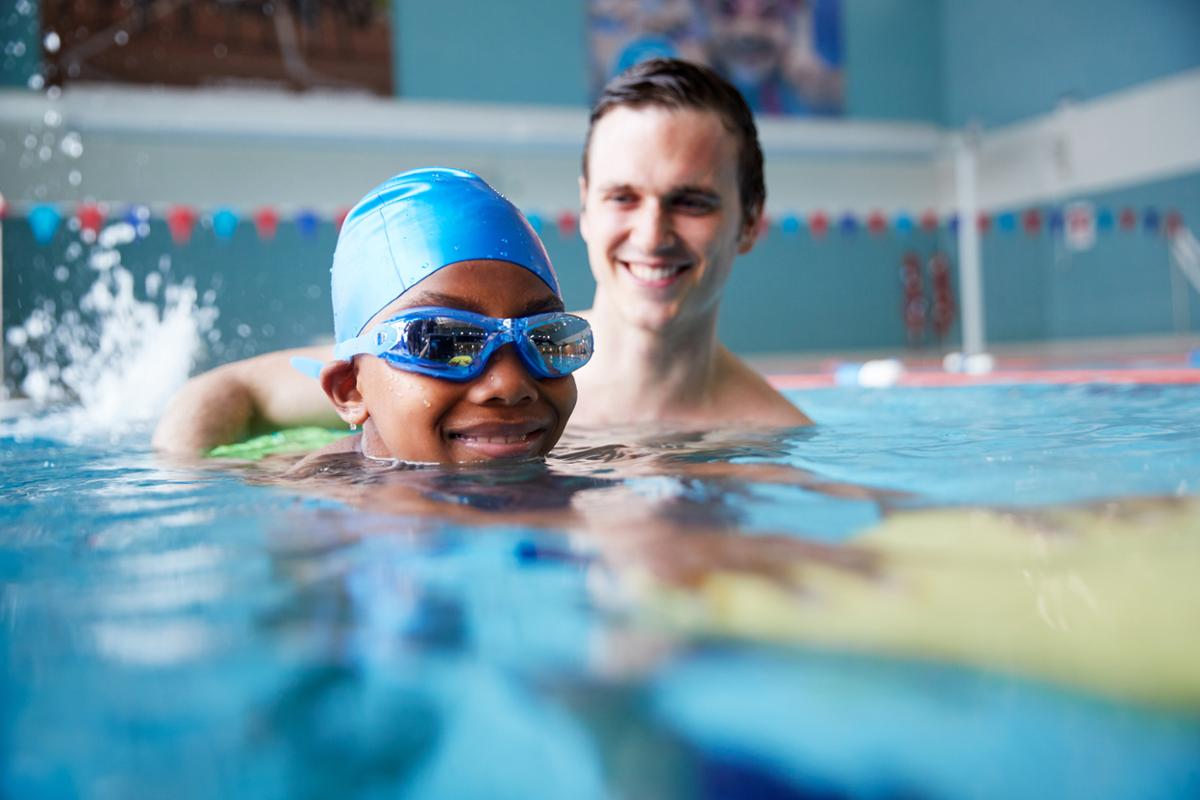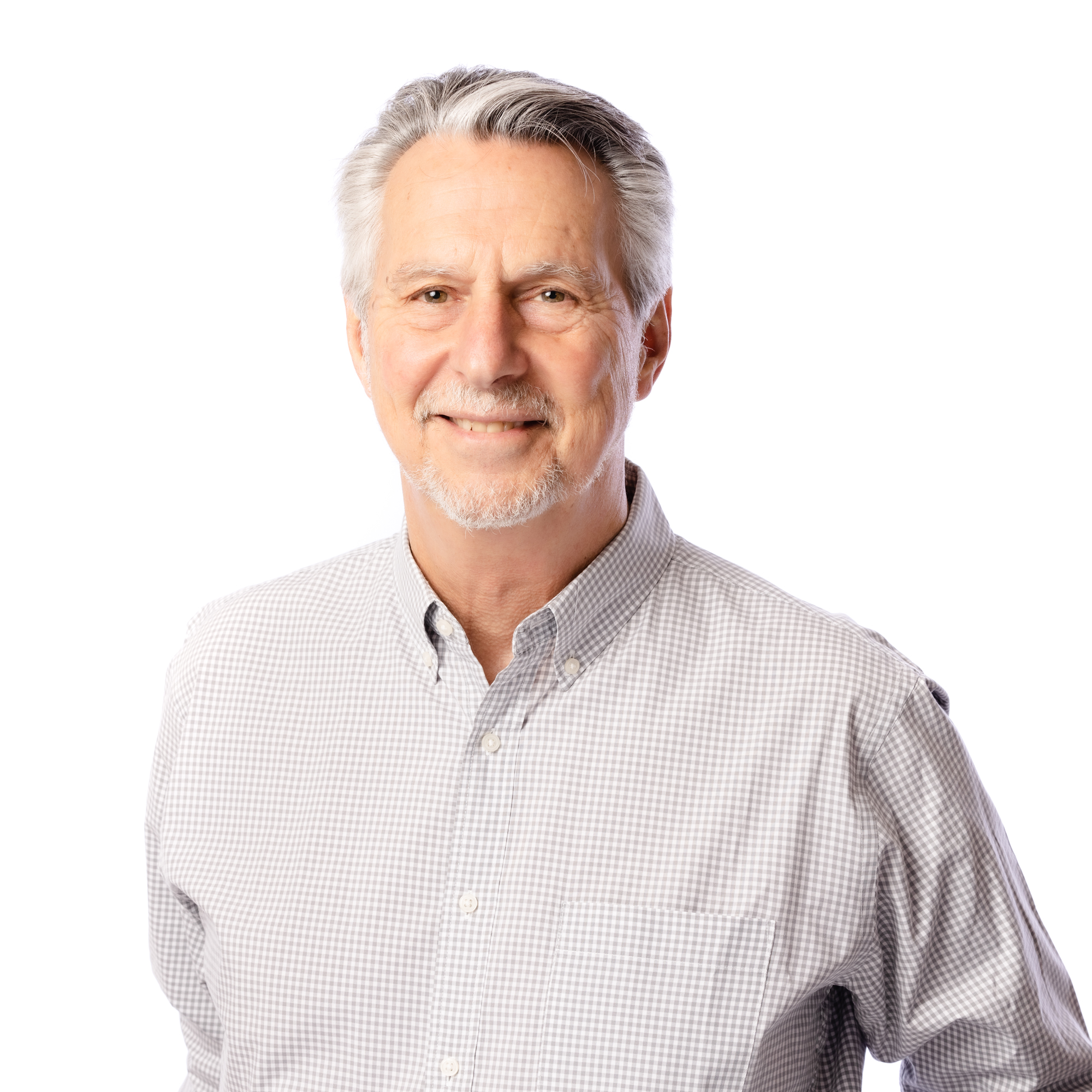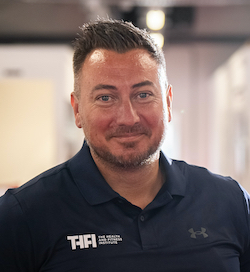A new, free Sport England initiative, the Quest Foundation Review (QFR), has seen 284 local authority leisure facilities across England mystery shopped during the last 12 months, to measure how well they deal with people with the kind of inequalities that mean they struggle to access physical activity opportunities.
The QFR found there’s a long way to go to achieve a satisfactory standard when it comes to engaging with hard-to-reach groups, particularly when they make telephone enquiries.
The review monitored the customer service experiences of people from a range of groups, including those living with long-term health conditions, those from lower socio-economic groups or culturally diverse communities, people living with disabilities and also from socially-excluded groups – especially when it came to engaging and interacting with local authority leisure facilities via 1. phone systems, 2. websites and 3. social media platforms.
Sarah Lobo – head of external accreditations at Right Directions, that manages Quest on behalf of Sport England – says: “It’s important to remember the main Quest process involves a very in-depth assessment. It consists of three key segments – firstly a mystery visit to try the facility and talk to as many staff as possible while on site, secondly, a minimum of three telephone calls and two online interactions, and thirdly a full one- or two-day in-person assessment with the management team and frontline staff.
“By comparison, the Quest Foundation Review is a brief summary of how consumers experience leisure centres. The QFR surveyed three lines of communication; how the facility and its online services were perceived during one specific call, one visit to its website and one to its social media platforms. The data and the qualitative feedback give us a snapshot of how the industry is performing when it comes to removing barriers to participation, while providing insight into how we can raise our game when it comes to tackling imbalances.”
Every month, one sub-group from each of the inequality groups – such as people with Long-COVID or those with visual impairments – was targeted, ensuring a wide range of groups were considered and each group was reviewed at least twice within the 12 month period.
Each survey comprised nine questions, with a possible total 100 per cent score. Qualitative feedback was given to aid interpretation of the score, highlight best practice and provide guidance for improvements to enhance services.
Poor rating for phone conversations
Overall, the scores for answering the telephone section of the assessment, including the promptness of answering and the information given out, were disappointing, with an average score of just 30 per cent, meaning only three out of the nine questions asked scored positively.
In fact, 95 per cent of facilities did not offer to e-mail or call the customer back with further information and only a quarter offered to arrange a visit to the facility, which can be a vital step to a person starting their physical activity journey – particularly if they have additional needs and require extra support or encouragement.
Telephone scores for culturally diverse groups were just 17 per cent – way below the already disappointing national average, displaying a very poor offer and service for those who speak English as a second language.
There appears to be a lack of translation services, with little support services or marketing collateral in different languages; only 24 per cent of callers who did not have English as their first language were offered written information in their own language and callers were generally expected to provide their own translator.
Phil Lown, senior Quest assessor at Right Directions explains: “We only came across one excellent piece of good practice for people who speak English as a second language, where the staff member explained they had an on-call telephone translation service at the facility that they utilised to communicate with customers who had English as their second language. However, this isn’t to say there aren’t more examples of excellence across the country, given we were only able to sample a small number of facilities within this sub group.” [Editor’s note: HCM is interested to hear about examples of best practice. Email: [email protected].]
Low scores
People in the long-term health conditions group gave scores of just 25 per cent across the sector, which stemmed from a lack of awareness of any specific offers for either cancer or Long COVID sufferers.
In addition, while there were many general health and wellbeing or exercise referral schemes advertised and some staff spoken to by researchers were aware of these, very often the offers or knowledge regarding them did not include condition-specific schemes or staff trained to support specific groups.
Lown advises: “In one pocket of best practice we found a member of staff was very friendly and knowledgeable, providing price and activity information, exercise referral programme information, which included a cancer-specific programme and a direct email to the exercise referral specialist, but all too often this was a rare occurrence.
“More often we heard examples such as, the member of staff did not attempt to find out the specific needs of the caller and as a result, suggested classes that were not appropriate for the targeted group’s needs, or no details regarding costs or how the application process worked were offered and the staff member did not signpost the caller to information about the exercise referral programme that was available on the website when the caller stated they had not found any details online about the programme.
Results for people with disabilities scored 33 per cent on their telephone assessments, a figure slightly higher than the average. Lown says this a commendable approach that stems from some good practice regarding dementia-friendly site information and even some specific programming for those people living with disabilities.
“Staff training and an overall improvement in knowledge would assist the sector in attracting funding to help them deliver a wider range of programmes to groups of the population suffering from specific conditions,” says Lown.
Moving on up
The QFR results also saw lower socio-economic groups scoring above average at 34 per cent, while socially-excluded groups fared the best on the telephone, scoring 38 per cent, with staff demonstrating a good range of knowledge around pricing and programmes for the older age group. However, there was a lack of information regarding policies, such as for transgender people, particularly when it comes to the use of changing facilities.
Lown continues: “People in leisure are generally quite friendly and so if you walk into a centre it’s very likely you will have a good experience. In fact, 84 per cent of facilities scored top marks, Outstanding, on their Quest assessment for positive and enthusiastic interaction with the team between September 2022 and May 2023.
“However, if a conversation with a member of staff on the telephone doesn’t help someone to understand exactly what you have to offer them, how do we expect to encourage them into our centres? This becomes particularly important because some of the websites reviewed did not always have the correct information required, so the potential customer may feel the centre isn’t suitable for them.
“Given Quest customer journey assessments for the general population score so highly across the board (95 per cent), there’s a lot we can learn from the top-rated facilities to support our harder-to-reach communities. Activities such as role-play, conflict management, in-person and online training, as well as taking on board feedback and regular staff meetings, all feature consistently in their Quest reports.”
More about QFR
QFR results have been embedded in the Continuous Improvement Pillar of the Moving Communities platform, which is managed for Sport England by 4Global and tracks participation at public leisure facilities to evidence the sector’s performance, sustainability and social value.
Local authorities can access their individual QFR results via the Moving Communities platform or view a copy of the sector-wide QFR report at www.hcmmag.com/QFR23.
Missing out?
If your leisure centre has not yet received its free Quest Foundation Review (QFR) assessment, contact Right Directions: [email protected]. You can also sign up for additional independent QFR assessment for £75 per facility. Each focuses on one inequality group, but multiple assessments can be undertaken.








